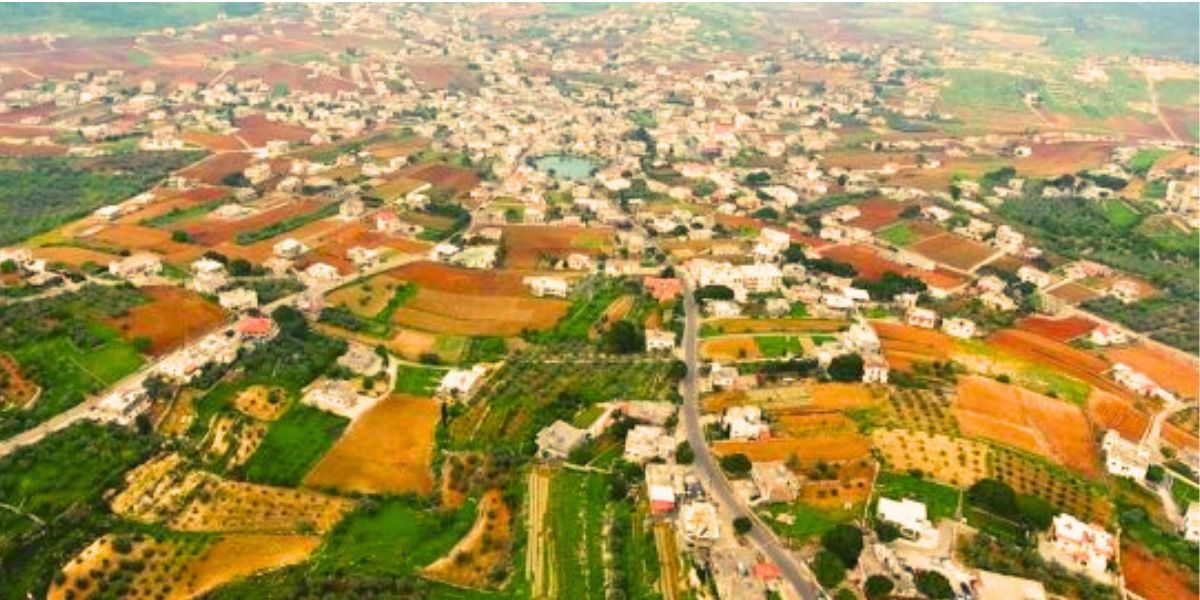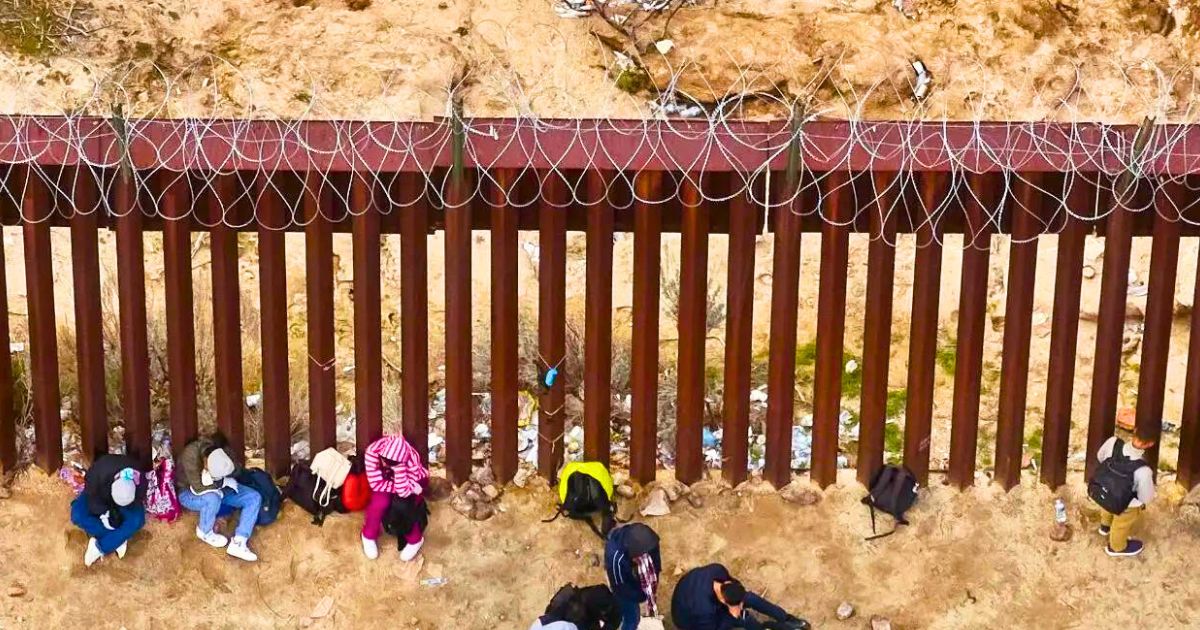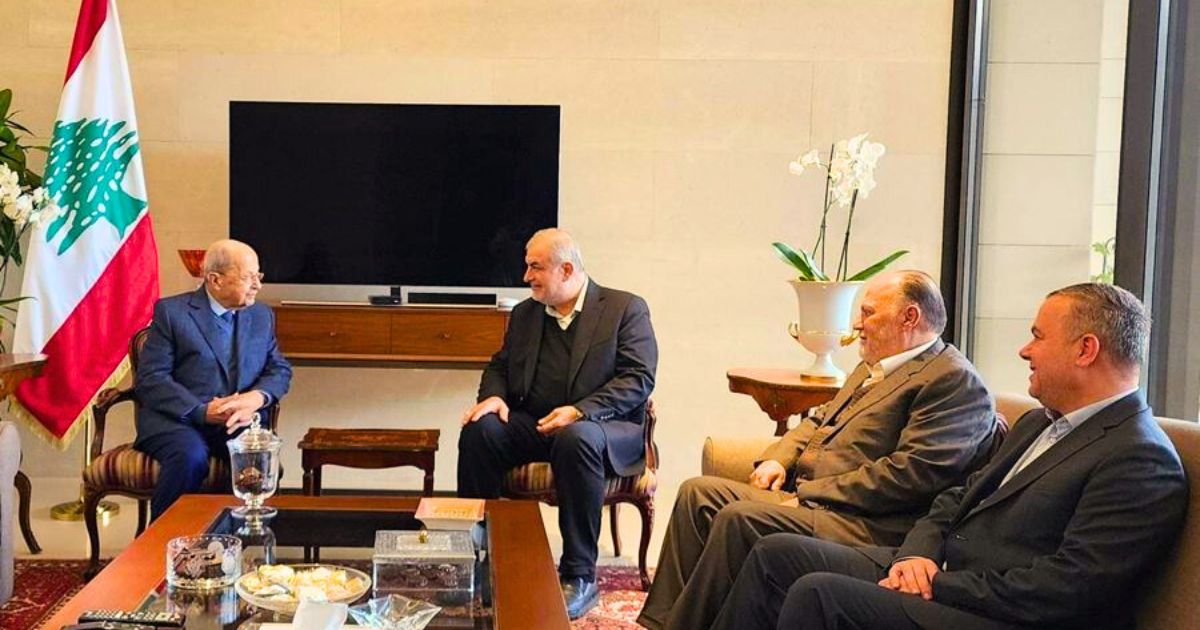The attack on author Salman Rushdie has caused huge divisions in Lebanon’s Shiite community, pitting a few denouncing the violence against fervent followers of Hezbollah who have “praised” the attack.
The attack struck close to home among Lebanon’s Shiites. Hadi Matar, Rushdie’s attacker, is a dual Lebanese-U.S. citizen, and his father lives in a village in Hezbollah-dominated southern Lebanon.
Matar’s mother, Silvana Ferdous, said her son had turned into a “religious fanatic” after a month-long visit to Lebanon in 2018.
The old religious edict, or fatwa, urging Muslims to kill Rushdie was issued in 1989 by Iran’s then-spiritual leader, Ayatollah Ruhollah Khomeini, who accused the author of blasphemy for his portrayal of the Prophet Muhammad in the novel “The Satanic Verses.”
Iran has praised Friday’s attack but denied direct involvement. Hezbollah officials have been quiet since the attack on Rushdie as he was about to give a lecture in western New York.
A Hezbollah official declined to comment when contacted by The Associated Press.
Rushdie suffered a damaged liver and severed nerves in an arm and in an eye, but was removed from a ventilator on Saturday and able to talk.
Many Lebanese Shiites support Hezbollah and its more or less secular allied Amal Movement. Still, there is a vocal minority of Hezbollah critics among Shiites. Several were attacked, a prominent one was shot dead last year, and others continue to be subject to threats and intimidation, often publicly.
Matar’s mother, Silvana Fardos, told local media that her son had lived all his life in the United States until he visited Lebanon for the first and last time in 2018. That trip changed him forever, she said.
“After he returned from Lebanon he was a different human being … I knew that he had a long depression and I was expecting one day to wake up and find out that he had committed suicide,” Fardos said, alleging that her son was mistreated by his father.
Asked if she wondered whether she had raised a terrorist or an extremist, the mother said: “No. I raised an angel.”
Journalists have been prevented from entering Yaroun, the town of Matar’s father, and the latter has not spoken to the media.
Despite Hezbollah’s official silence, the group’s supporters on social media are praising the attack.
In a tweet, Dima announced that she is subject to a public killing incitement campaign launched by Jawad Nasrallah, the son of Hezbollah chief Hassan Nasrallah.
Since then, death threats on social media and through messages on her cell phone haven’t stopped, with one man warning her, “I will rape you in public,” and another saying that “her blood should be shed.”
She even received a text message in which the sender told her where she lives.
Sadek said that, despite the public threats against her, she has not been contacted by the authorities with offers of protection.
Sadek, a Shiite, is well-known for her open opposition to Hezbollah. She has been repeatedly a target of cyber-harassment and incitement to murder campaigns by supporters of the Iranian-backed Lebanese party Hezbollah and the Amal Movement.
The Committee to Protect Journalists urged the Lebanese authorities to launch an investigation and protect Sadek.
Lebanese political leaders have not commented on the Rushdie attack, other than the controversial tweet of the caretaker Culture Minister Mohammad Mortada, a Shiite minister close to Hezbollah’s allies.
“Were it not for the ayatollahs and the jihad of their children and allies […] many women would have been captives of Satan and his helpers,” he said.
Following the backlashes of what was deemed as a justification for killing, Mortada tweeted: “Freedom of speech should be polite. Insults or holding dark grudges has nothing to do with morals.”

















